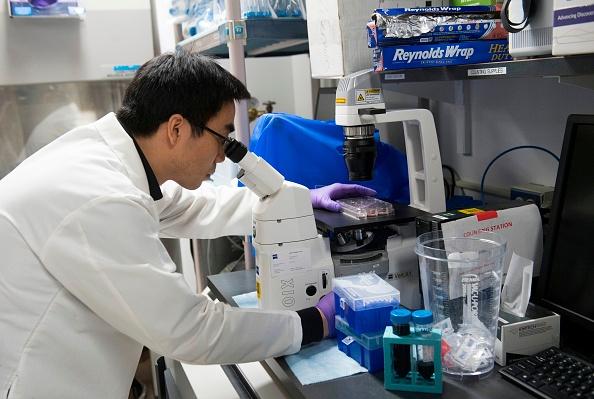China has paid more than 7,000 U.S. scientists and other experts over the past decade through its Thousand Talents Plan (TTP) to hand over their research, according to a Senate subcommittee report made public on Nov. 18.
The TTP is only one of about 200 such Chinese “talent recruitment” programs. While being paid by China, these scientists have also received U.S. government funding. U.S. taxpayers have thus spent hundreds of billions to fund research and development that has ended up in China, according to the report.





